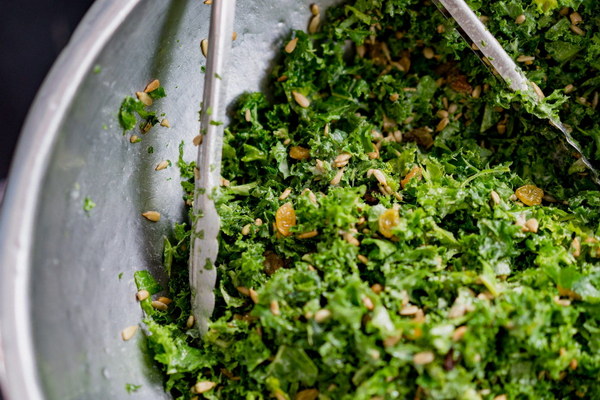PostCOVID Recovery Nurturing Your Lungs for a Healthier Future
After battling COVID-19, many individuals find themselves in a period of recovery, seeking ways to restore their health and strength. One of the most crucial aspects of recovery is focusing on lung health. Here are some practical steps and tips to help nurture your lungs post-COVID.
Understanding the Impact of COVID-19 on the Lungs
COVID-19 can have a significant impact on the lungs, even in those who experience mild symptoms. The virus can cause inflammation, scarring, and long-term damage to the respiratory system. It's essential to recognize the symptoms of post-COVID lung issues, which may include shortness of breath, coughing, and fatigue.
1. Consult with Healthcare Professionals
The first step in nurturing your lungs post-COVID is to consult with healthcare professionals. They can provide a thorough assessment of your lung function and offer personalized advice based on your specific condition. Regular check-ups and follow-ups are crucial to monitor your recovery progress.
2. Practice Breathing Exercises
Breathing exercises, such as diaphragmatic breathing and pursed-lip breathing, can help improve lung capacity and reduce symptoms of shortness of breath. These exercises can be learned through online resources or by attending pulmonary rehabilitation classes.
- Diaphragmatic Breathing: Lie down or sit comfortably and place one hand on your chest and the other on your abdomen. Inhale slowly through your nose, allowing your abdomen to rise while your chest remains relatively still. Exhale through pursed lips, gently pushing out the air from your lungs.
- Pursed-Lip Breathing: Inhale slowly through your nose and then exhale through pursed lips, as if you were whistling. This technique helps maintain a steady airflow and can make breathing easier.
3. Increase Physical Activity Gradually
Physical activity is vital for improving lung function and overall health. Start with low-impact exercises such as walking, swimming, or cycling, and gradually increase the intensity as your strength and endurance improve. Always listen to your body and rest when needed.

4. Maintain a Healthy Diet
A balanced diet rich in fruits, vegetables, whole grains, lean proteins, and healthy fats can support lung health. Some specific nutrients that are beneficial include:
- Vitamin D: Found in fatty fish, eggs, and fortified foods, vitamin D can help reduce inflammation and support immune function.
- Vitamin C: Citrus fruits, berries, and bell peppers are excellent sources of vitamin C, which can help reduce the risk of respiratory infections.
- Antioxidants: Foods like dark chocolate, green tea, and walnuts contain antioxidants that can protect lung tissue from damage.
5. Stay Hydrated
Drinking plenty of fluids helps keep the respiratory system moist and can aid in the removal of mucus. Aim to drink at least 8 glasses of water per day, and consider adding warm fluids like herbal tea or broth, which can help soothe the throat and support lung health.
6. Avoid Exposure to Air Pollutants and Irritants
Pollutants and irritants, such as cigarette smoke, air pollution, and chemical fumes, can exacerbate lung issues. Take steps to minimize your exposure by using air purifiers, avoiding smoking areas, and wearing masks in polluted environments.
7. Manage Stress
Chronic stress can impact lung health by reducing lung capacity and increasing the risk of respiratory infections. Practice stress-reducing techniques such as meditation, yoga, or deep-breathing exercises to promote relaxation and improve lung function.
Conclusion
Recovering from COVID-19 and nurturing your lungs post-infection is a gradual process that requires patience and dedication. By following these steps and maintaining a healthy lifestyle, you can help improve your lung function and reduce the risk of future respiratory issues. Always remember to consult with healthcare professionals for personalized advice and support throughout your recovery journey.









